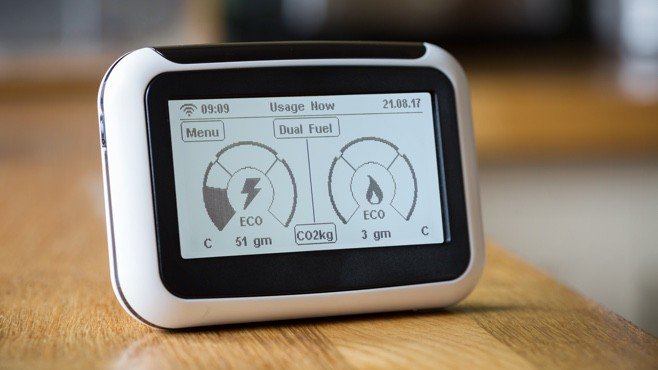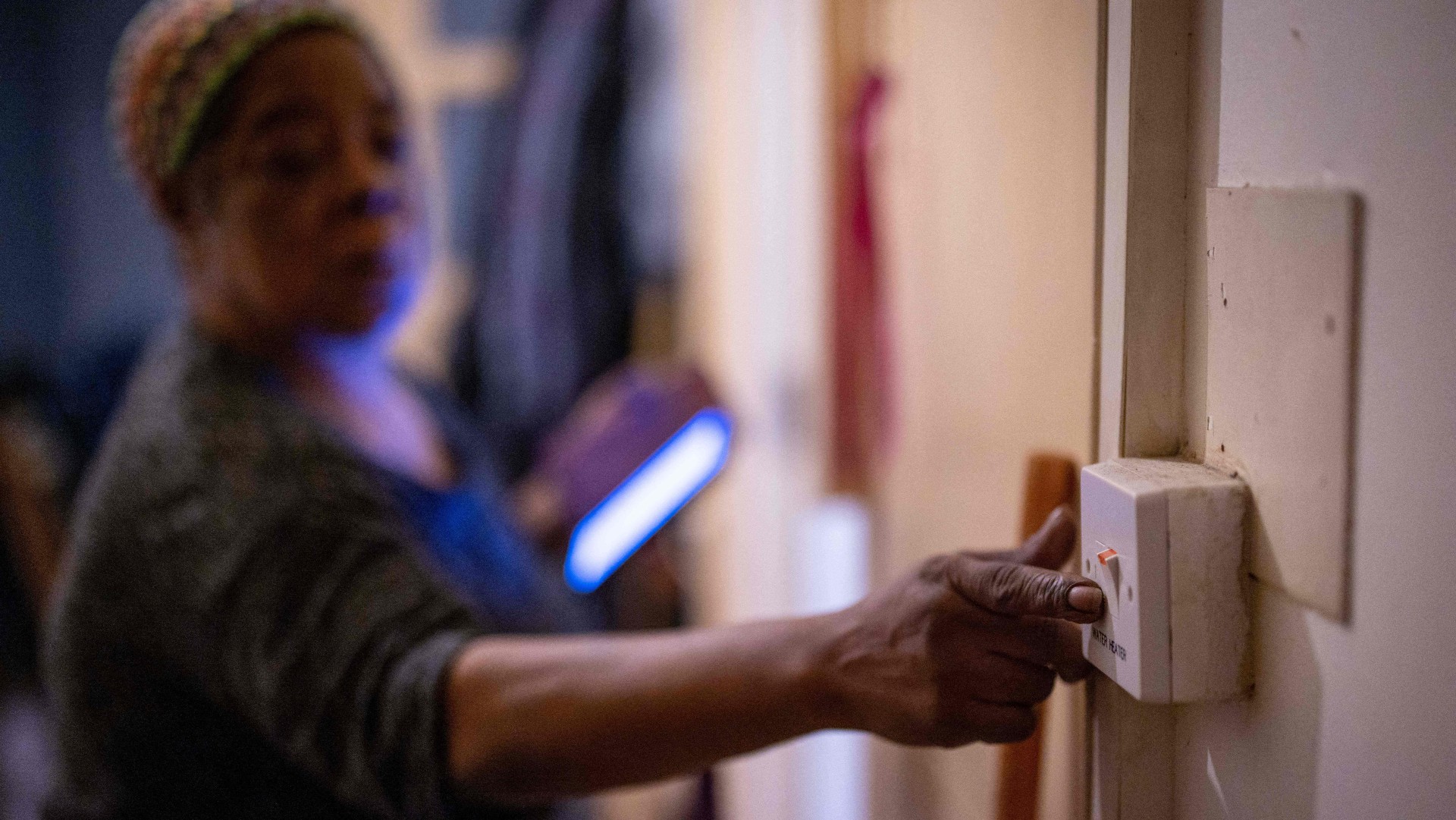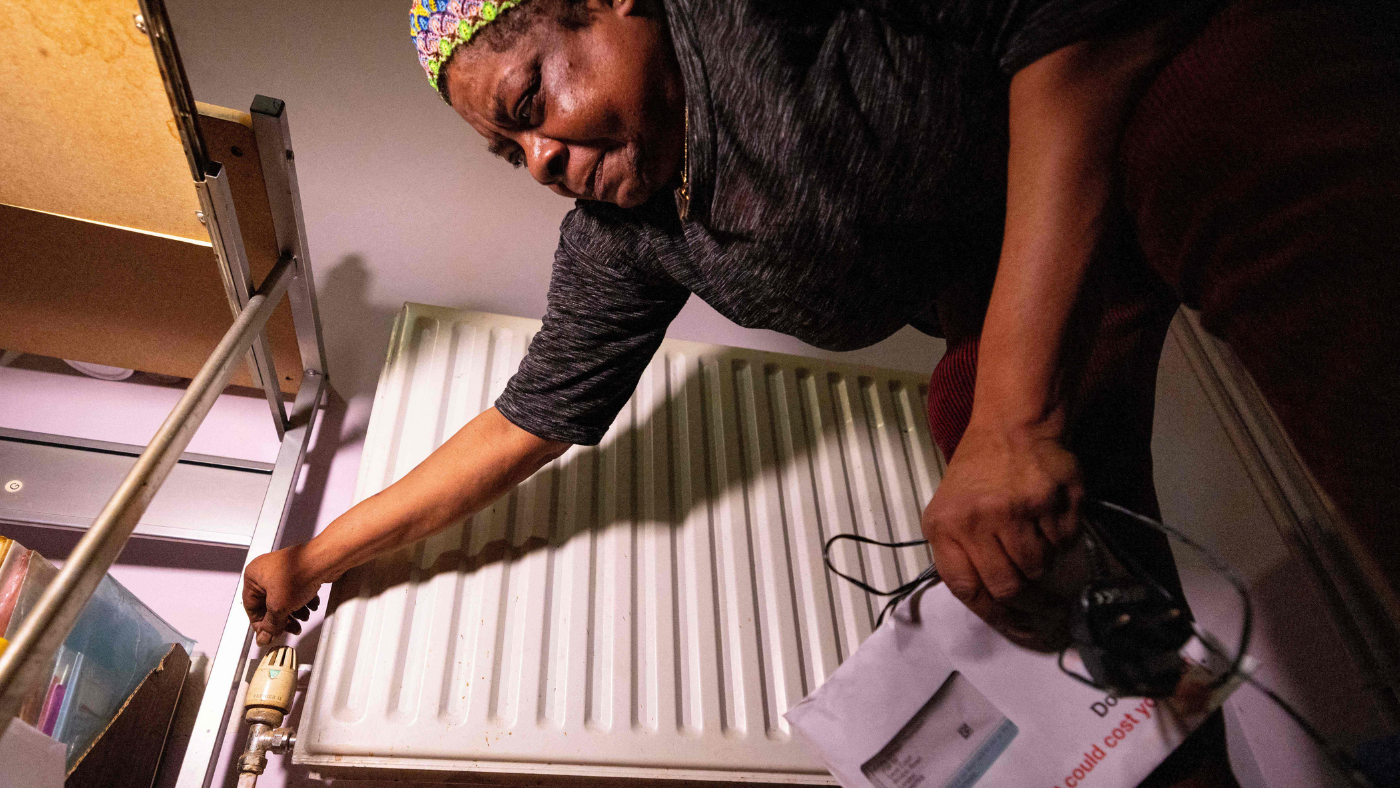Why the UK government's smart meter project has stalled
National Audit Office says that with 39 million meters still to be replaced, government has no chance of hitting 2020 deadline

A free daily email with the biggest news stories of the day – and the best features from TheWeek.com
You are now subscribed
Your newsletter sign-up was successful
A UK watchdog has found there is "no realistic prospect" of the government meeting its own deadline to install smart meters in British homes
In a new report, the National Audit Office (NAO) said that with 39 million old-fashioned meters yet to be replaced, meeting a goal of all homes and businesses being offered one by the end of 2020 is deeply unlikely.
Smart meters “automate readings in an attempt to make energy use easier for householders to understand and are considered a critical upgrade of the energy system”, says The Guardian.
The Week
Escape your echo chamber. Get the facts behind the news, plus analysis from multiple perspectives.

Sign up for The Week's Free Newsletters
From our morning news briefing to a weekly Good News Newsletter, get the best of The Week delivered directly to your inbox.
From our morning news briefing to a weekly Good News Newsletter, get the best of The Week delivered directly to your inbox.
The government rejected the report’s findings saying that 400,000 of the meters were being installed every month, and the target was achievable.
"We've said everyone will be offered a smart meter by the end of 2020... and we will meet that commitment," said energy minister Claire Perry.
Labour said the report made clear that the government had failed and had in fact created a “fiasco” with a botched rollout.
But Amyas Morse, the head of the NAO, said despite their findings the meters were still viable: “Costs are rising, and timescales slipping, but smart meters can still succeed over time.”
A free daily email with the biggest news stories of the day – and the best features from TheWeek.com
The NAO also found that the Department for Business, Energy and Industrial Strategy's assumption that the rollout would cost £11 billion - the equivalent of £374 per dual fuel household - “under-estimates the true cost of rolling out smart meters”.
Costs have risen “by at least £500 million since that estimate was made in 2016, the equivalent of an extra £17 per household”, says MoneySavingExpert.
Alongside this the NAO says the functionality of smart meters still needs improvement. It says they don't work in homes with thick walls, for example, which can block the mobile phone signals needed to transmit their data.
And according to the BBC, the coldest parts of the country are the least likely to have a smart meter installed, even though the need in such regions is greater.
In Scotland and the north of England just 3,000 second generation meters had been installed by June, compared to 106,000 in the rest of Britain.
-
 One great cookbook: Joshua McFadden’s ‘Six Seasons of Pasta’
One great cookbook: Joshua McFadden’s ‘Six Seasons of Pasta’the week recommends The pasta you know and love. But ever so much better.
-
 Scientists are worried about amoebas
Scientists are worried about amoebasUnder the radar Small and very mighty
-
 Buddhist monks’ US walk for peace
Buddhist monks’ US walk for peaceUnder the Radar Crowds have turned out on the roads from California to Washington and ‘millions are finding hope in their journey’
-
 Why energy firms are sending in bailiffs during cost-of-living crisis
Why energy firms are sending in bailiffs during cost-of-living crisisfeature A Times investigation found that debt collectors had been force-fitting meters in people’s homes
-
 The National Grid’s scheme to pay households to cut energy use
The National Grid’s scheme to pay households to cut energy usefeature Arrangement promises discounts but some who took part said it was ‘not worth it’
-
 Looming cold snap fuels fears of UK power cuts
Looming cold snap fuels fears of UK power cutsSpeed Read Drop in temperatures in coming days may be ‘first piece of grim jigsaw’
-
 Warm banks: a worrying winter necessity?
Warm banks: a worrying winter necessity?Talking Point Campaigners warn heated public spaces are not a sustainable solution to cost-of-living crisis
-
 The Week Unwrapped: Synthetic fuel, Myanmar and an energy rebate
The Week Unwrapped: Synthetic fuel, Myanmar and an energy rebatepodcast Could fuels made from CO2 and hydrogen end our dependence on oil? What’s happening in Myanmar? And will energy companies pay us to use less power?
-
 The Week Unwrapped: DNA theft, an energy puzzle and news refuseniks
The Week Unwrapped: DNA theft, an energy puzzle and news refusenikspodcast Should we take steps to guard our genetic security? Is wind power overpriced? And why are so many of us turning off the news
-
 ‘People are being economically penalised for being disabled’
‘People are being economically penalised for being disabled’Instant Opinion Your digest of analysis from the British and international press
-
 ‘Father Christmases are struggling’
‘Father Christmases are struggling’Instant Opinion Your digest of analysis from the British and international press